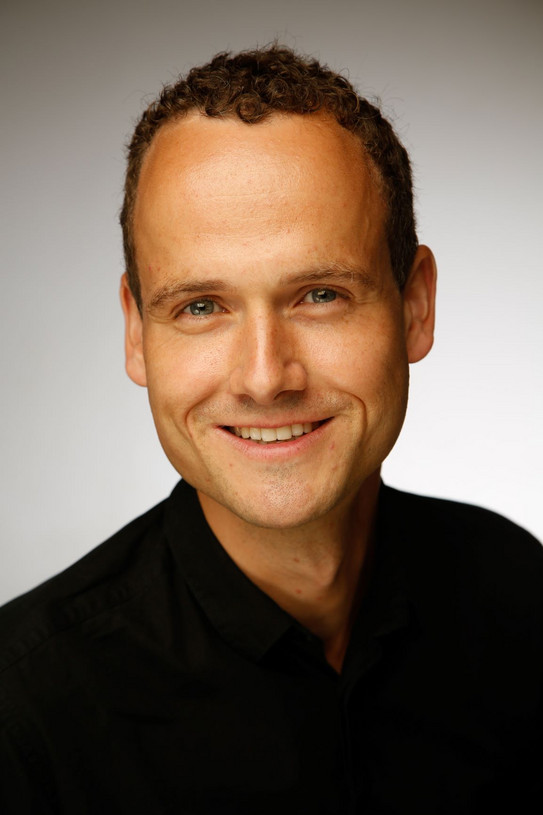Robert Heidemann is a research assistant at the Chair of Sociology and Social Structure of Ageing Societies at TU Dortmund University since 2021. He completed his Master's degree in ‘Ageing Societies’, also at TU Dortmund University, where he is also involved in the Quality Improvement Commission. He previously gained further professional experience in the neighbourhood development project at the DRK senior centre.
https://sag.sowi.tu-dortmund.de/en/professorship/team/robert-heidemann/
Contact: robert.heidemann@tu-dortmund.de
The social discourse on homosexuality and bisexuality has changed remarkably in Germany over the last 50 years, leading to increasing social acceptance and legal equality. However, it is questionable how much this benefits older homosexual and bisexual people with support needs. They were socialised in a time of pathologisation and legal sanctioning of same-sex desire and the resulting discrimination could potentially affect all areas of life. Since available social and economic resources in old age do highly depend on earlier living conditions, inequality at the expense of older homosexual and bisexual people with support needs can be assumed here.
This is where the doctoral project comes in, in which the life situation of this group of people is analysed and compared with heterosexual people. Methodologically, quantitative approaches are combined with qualitative methods. Firstly, the two groups will be compared in quantitative studies with regard to their available socio-economic and social resources and their association with life satisfaction using data from the German Ageing Survey (DEAS). Subsequently, semi-structured narrative interviews will be conducted and interpreted to reconstruct the subjectively relevant aspects of the interviewees' lives with support needs, including in particular the biographical perspective. This mixed-methods approach enables the results to be presented in a broader context. Thus, the results of the secondary data analysis can be additionally enriched by the qualitative interview findings and viewed from a life course perspective.
In addition to gaining knowledge on the topic, an examination of the concept of the life course perspective is also a central component of this project. Hence, existing approaches are critically examined for their suitability for older homosexual and bisexual people and suggestions are made for a theoretical modification.





